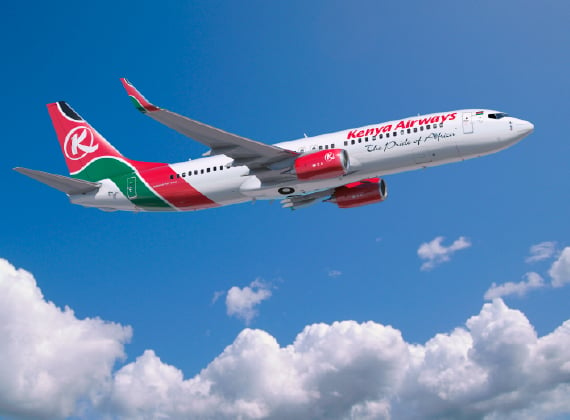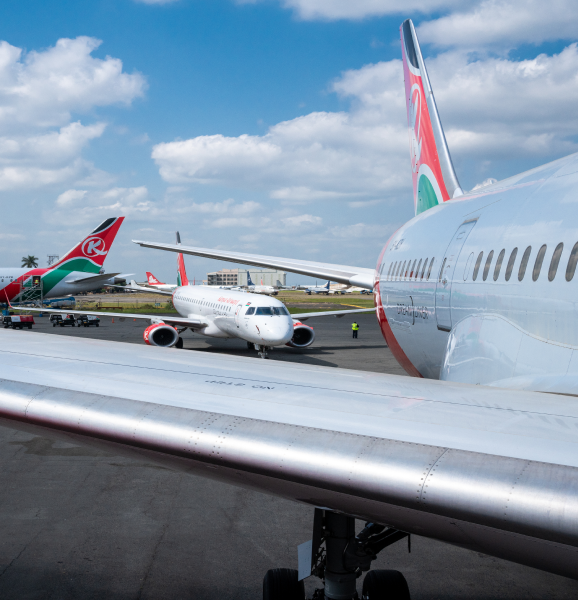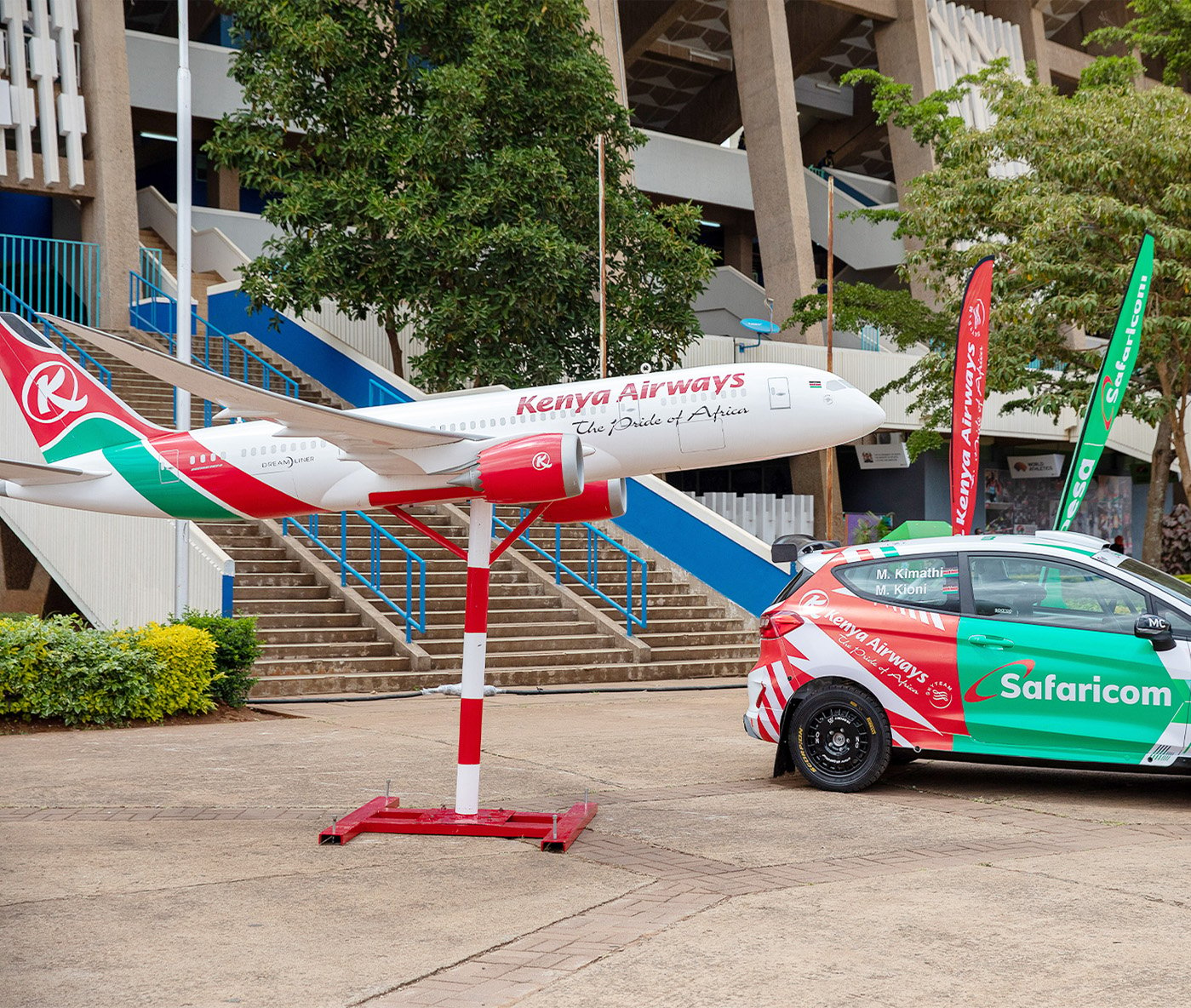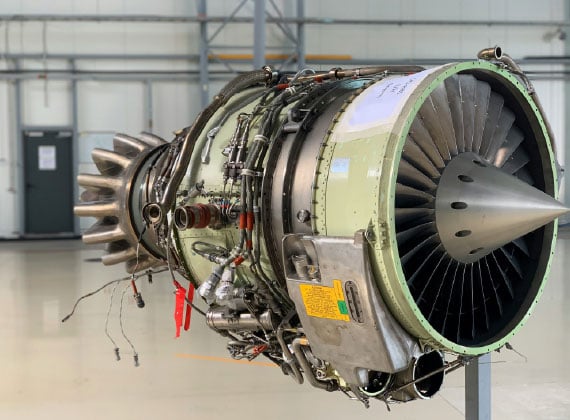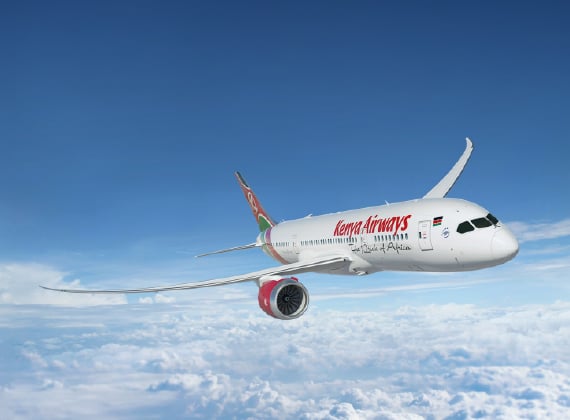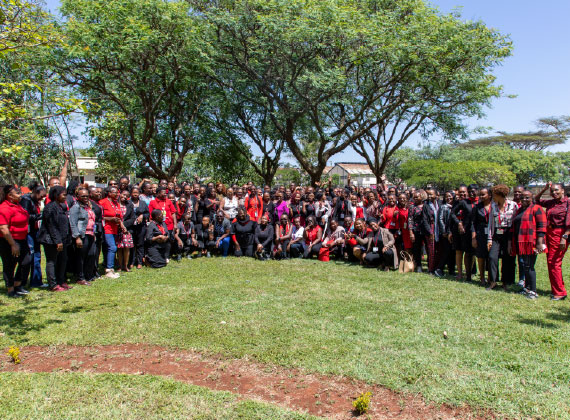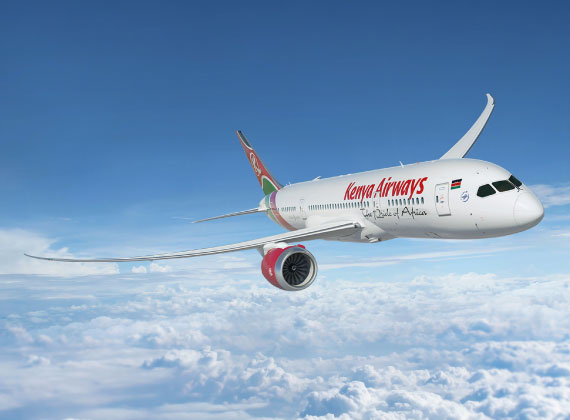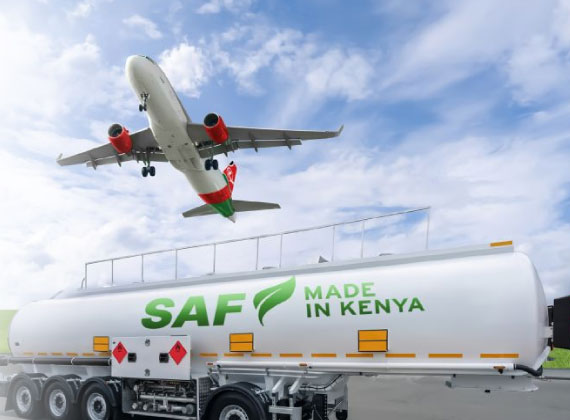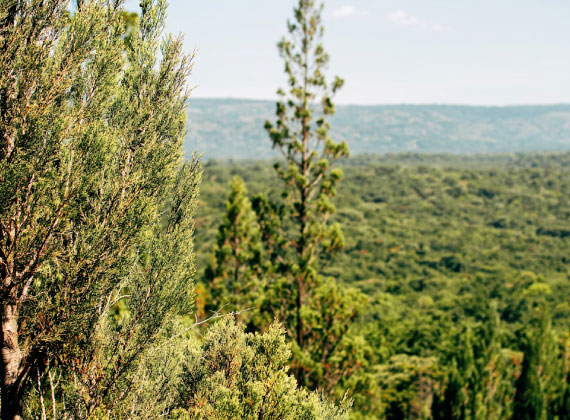Fly Net Zero by 2050
Goal: Achieve net-zero CO₂ by 2050 across our operations.
By when: 2050
Why it matters: This is North Star aviation and our responsibility to future generations.
How we’ll get there: Sustainable Aviation Fuel (SAF), flight & ground efficiency, next-gen fleet, credible compensation for residuals.
KPI: tCO₂e per RPK and absolute Scope 1; annual reduction trajectory vs 2050 pathway.
2024 status: Energy intensity at 1.66 MJ/RPK across ~20.28M GJ total energy; CORSIA MRV and offset purchases active; SAF enablement underway for 2025 start; 12% GSE electrified with a ~700 L/day PMD plant targeting ~25% of GSE diesel; fleet and operational efficiency programs deployed.
Read More
